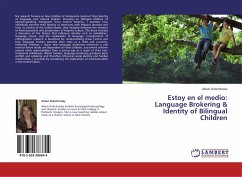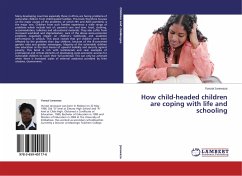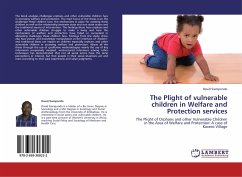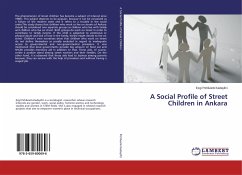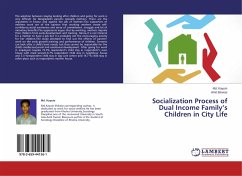The inclusion of children within epidemiological studies has been sustained by three main protective measures: proxy consent, assent and research classified as of minimal risk . These have raised issues centring on when the child should be considered able to decide on such participation. Studies on longitudinal birth cohort studies reveal that there exists a tension surrounding such issues. Since autonomy is regarded as necessary for informed consent, researchers have sought developmental theories that map cognitive abilities along a biological trajectory towards autonomy. Consequently, children s competencies are seen as largely determined by natural causes. This book draws attention to the social constructiveness of concepts central to the child s decisional power. This is to underscore that technologies, such as biobanks, play a role in defining childhood , through the provision of a novel context in which to define the competencies of the child.


